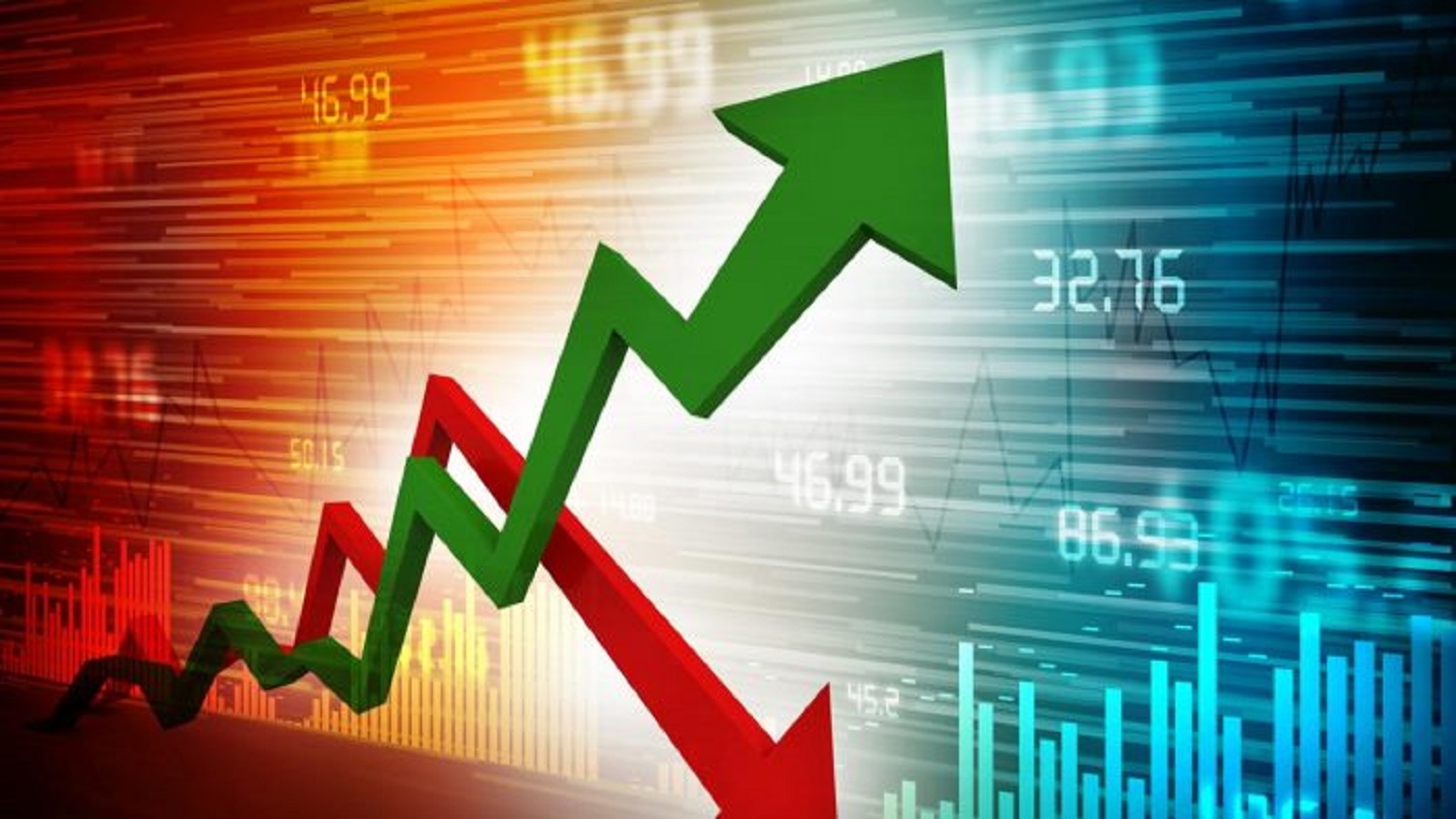The consumer price index (CPI), a key indicator of inflation that measures the rate of change in prices of goods and services, has increased to 22.79 percent in Nigeria for the month of June 2023.
 This marks a slight uptick from the 22.41 percent recorded in the previous month, according to the National Bureau of Statistics (NBS).
This marks a slight uptick from the 22.41 percent recorded in the previous month, according to the National Bureau of Statistics (NBS).
The latest figures reveal that this is the sixth consecutive rise in the country’s inflation rate this year, reflecting the persistent challenges faced by the Nigerian economy. The NBS released its CPI report for June 2023 on Monday, providing detailed insights into the current state of inflation in the nation.
The report states, “In June 2023, the headline inflation rate rose to 22.79% compared to May 2023, when it stood at 22.41%.”
It further adds, “Analyzing the data, the June 2023 headline inflation rate shows an increase of 0.38% points in comparison to May 2023. On a year-on-year basis, the headline inflation rate was 4.19% points higher compared to June 2022, indicating a significant rise. This demonstrates that the year-on-year headline inflation rate has increased in June 2023 when compared to the same month in the preceding year.”
Additionally, the report highlights that on a month-on-month basis, the headline inflation rate in June 2023 reached 2.13%, which is 0.19% points higher than the rate recorded in May 2023 (1.94%). Consequently, it can be inferred that in June 2023, the general price level was, on average, 0.19% higher relative to May 2023.
Inflation in the food sector has also experienced an upsurge, with the report indicating a rise to 25.25 percent in June, compared to 24.82 percent in the preceding month.
The NBS attributes this increase to higher prices of essential food items such as oil and fat, bread and cereals, fish, potatoes, yam and other tubers, fruits, meat, vegetables, milk, cheese, and eggs.
Interestingly, residents of Sokoto, Zamfara, and Borno enjoyed some relief in terms of food prices during June. The NBS report reveals that these states experienced relatively lower food inflation rates.
Specifically, it states, “In June 2023, food inflation on a year-on-year basis was highest in Kwara (30.80%), Lagos (30.37%), and Kogi (29.71%), while Zamfara (21.38%), Sokoto (21.60%), and Borno (21.75%) recorded the slowest rise in food inflation on a year-on-year basis.”
However, on a month-on-month basis, June 2023 witnessed the highest food inflation rates in Kwara (3.82%), Abuja (3.64%), and Ogun (3.56%), while Rivers (0.75%), Zamfara (1.33%), and Adamawa (1.47%) recorded the slowest rise in food inflation.
The persistent increase in inflation rates has drawn significant attention, leading President Bola Tinubu to declare a state of emergency on food insecurity last week. The president aims to implement measures to address the root causes of food inflation and ensure price stability in the market.
As the nation grapples with rising inflation, the government and relevant stakeholders continue to explore viable strategies to curb its negative impact on the economy and the well-being of the Nigerian people.





Comments are closed.